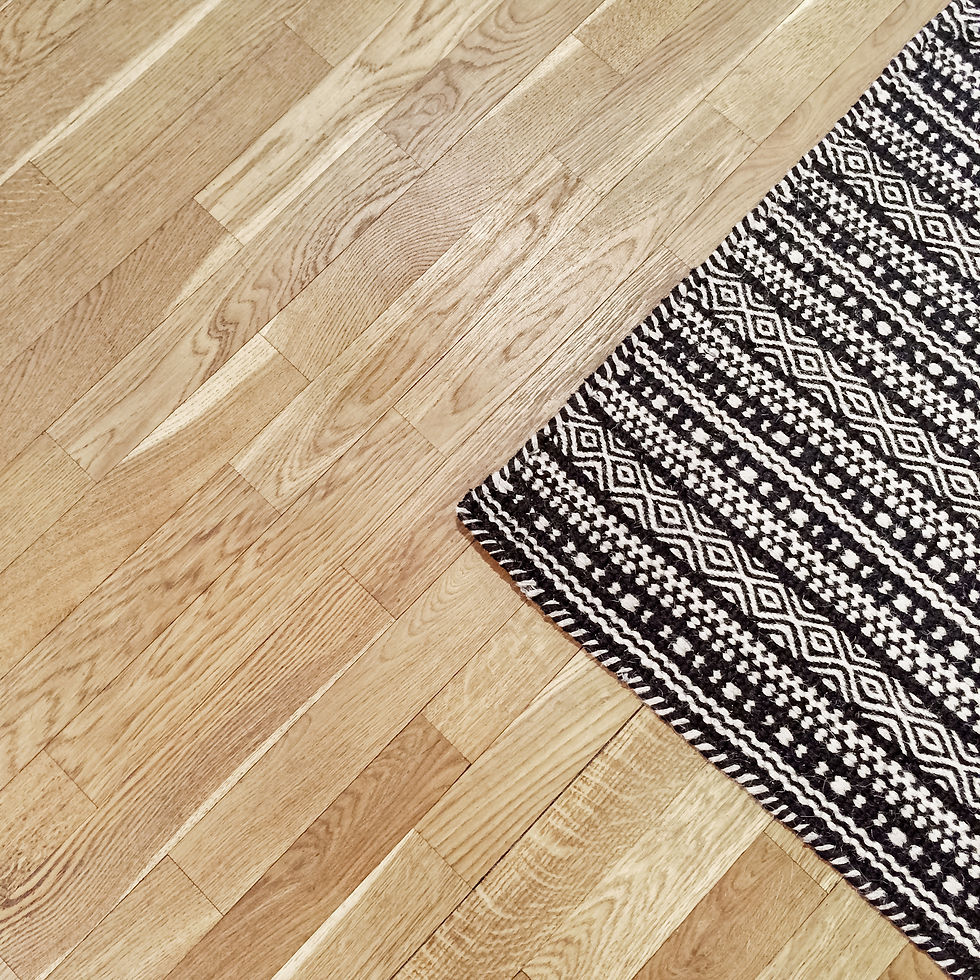Resolutions...
- prestonhealth
- Feb 22, 2023
- 2 min read
Happy New Year!
It's time again! Though we all have a tendency to avoid making those dreaded New Year’s Resolutions, they are not really a detriment to us. No matter what age we find ourselves, anything that holds us accountable is a good thing! Even if it’s an annual self determination at the beginning of each year to hold ourselves accountable to those habits and ways of life which promote the good in our health and relationships.
So, if you’re stalling on making a few fresh aspirations in the New Year, let me suggest the top ten healthy New Year’s resolutions for older adults by HealthinAging.org:

1. Eat fruits, vegetables, whole grains, fish, low-fat dairy, and healthy fats: In later life, you still need healthy foods, but fewer calories.
2. Consider a multivitamin: Consult your healthcare provider about any nutrition issues that may need over-the-counter vitamins or nutrition supplements.
3. Be active: Physical activity can be safe and healthy for older adults — even if you have heart disease, diabetes, or arthritis! In fact, many of these conditions get better with mild to moderate physical activity.
4. See your doctor regularly: You should schedule an annual Medicare wellness visit with your healthcare provider around your birthday month to discuss health screenings and any changes in your advance directives. Don’t forget to find out if you should be getting any new or booster immunizations.
5. Toast with a smaller glass: Avoid excessive drinking – even on a social level.

6. Guard against falls: One in every three older adults falls each year and falls are a leading cause of injuries and death among older adults. Exercises such as walking or working out with an elastic band can increase your strength, balance, and flexibility and help you avoid falls. Also ask your healthcare provider to check that you’re not taking any pills that can make you more likely to fall.
7. Give your brain a workout: The more you use your mind, the better it will work.
8. Quit smoking: It is never too late to quit. You can still reduce your risk of many health problems, breathe easier, have more energy, and sleep better if you quit smoking.
9. Speak up when you feel down or anxious: About 1 in 5 older adults suffers from depression or anxiety. Some possible signs of depression can be lingering sadness, tiredness, loss of appetite or pleasure in doing things you once enjoyed. You may also have difficulty sleeping, worry, irritability, and wanting to be alone. If you have any of these signs for more than two weeks, talk to your healthcare provider and reach out to friends and family.
10. Get enough sleep: Older adults need less sleep than younger people, right? Wrong! Older people need just as much — at least 7 to 8 hours of sleep a night. Avoid daytime naps, which can keep you up in the evening.





Comments